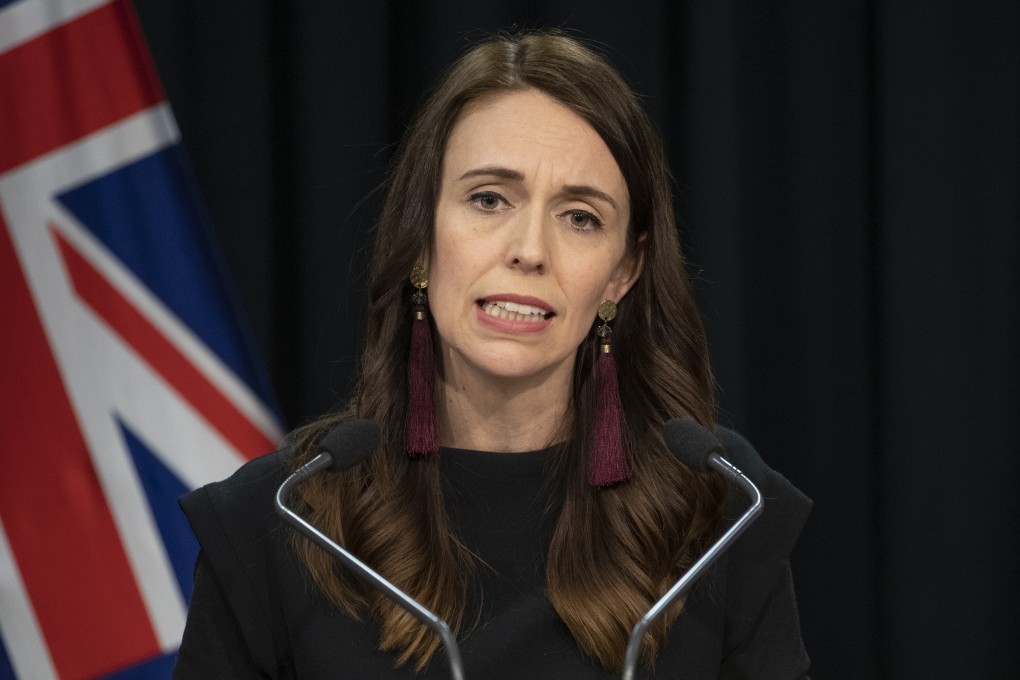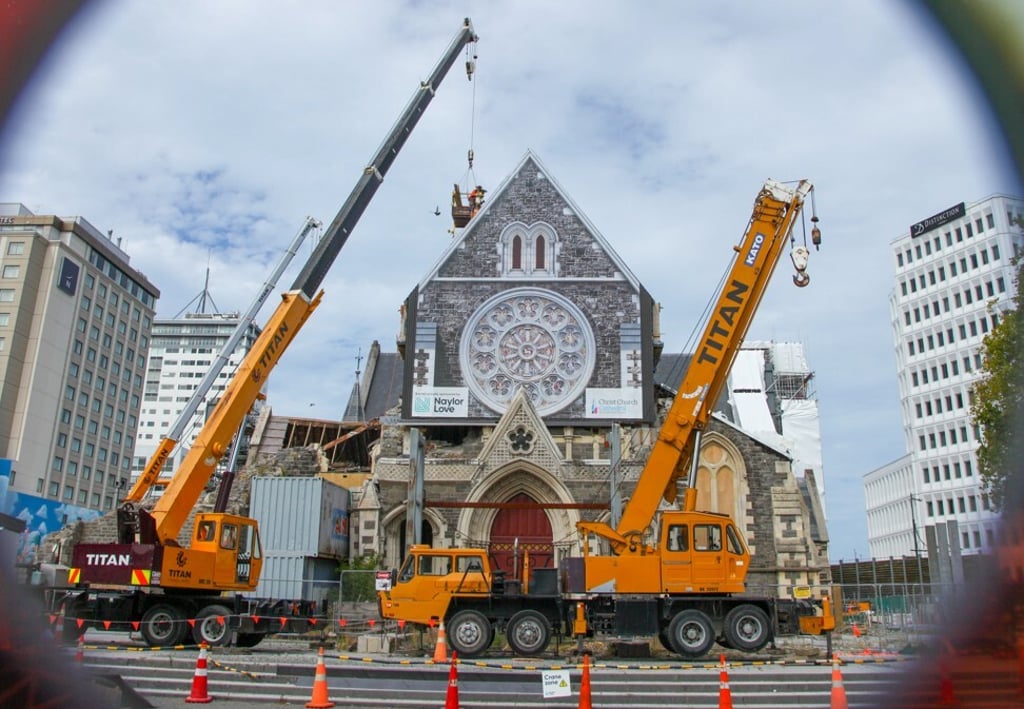New Zealand seeks rich investors, high-skilled labour in immigration reset
- PM Jacinda Ardern says the country’s reliance on temporary workers has suppressed wages and put pressure on infrastructure and housing
- The news came as another blow to migrants who say they’ve been unfairly treated, following successive immigration tweaks and a Covid-19 border closure that has split families

New Zealand is set to phase out lower-skilled migrants and lure wealthy investors in what Prime Minister Jacinda Ardern’s administration has billed as a “once-in-a-generation reset” of its immigration system.
Ardern on Tuesday said reliance on a temporary workforce had doubled in the last 10 years to 200,000, and this had not only suppressed wages in some sectors, but also put pressure on infrastructure and pushed up the costs of living, including for housing.
“We’ve long pointed to the fact a growth strategy that is built around your housing market and immigration settings is not a sustainable long-term strategy,” she told radio broadcaster RNZ. “We’ve seen very recent issues over the past 10 years.”
New Zealand’s net migration fell to just 6,600 in the year to end-March after it sealed its borders to control the spread of Covid-19, down from a record 91,900 in the same period a year earlier.
The country of 5 million will look to attract more highly skilled workers and investors for innovative projects, Tourism and Economic Development Minister Stuart Nash said in a speech late on Monday.
“When our borders fully open again, we can’t afford to simply turn on the tap to the previous immigration settings,” he said.
The high number of temporary workers meant businesses had been able to rely on lower-skilled labour rather than investing in plant or employing and training New Zealanders, Nash added.
